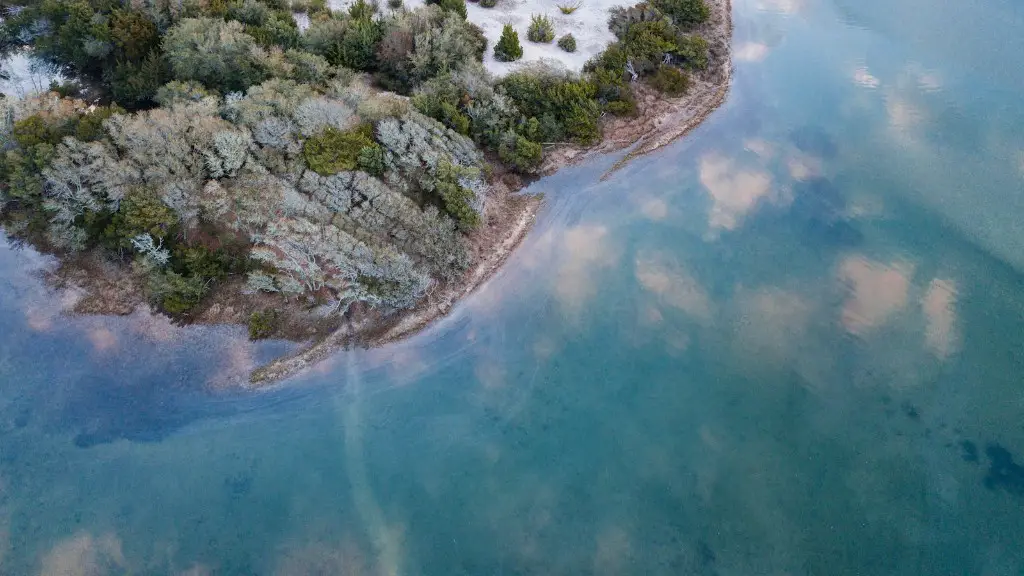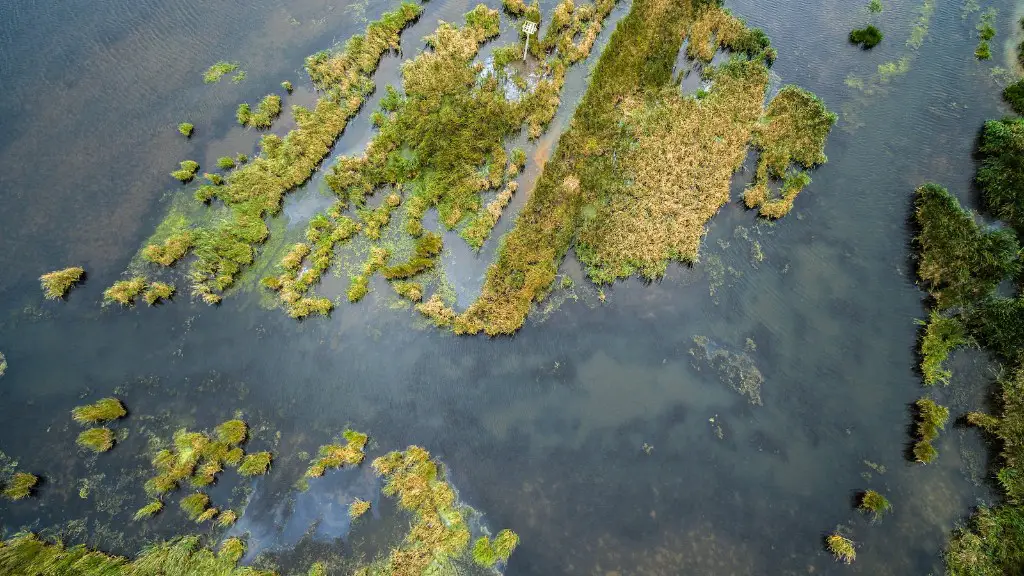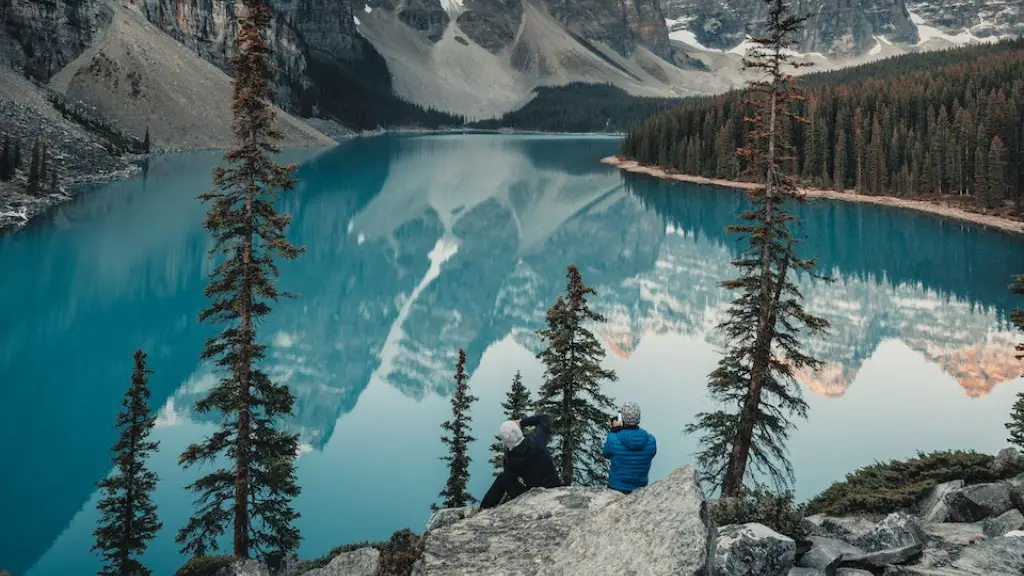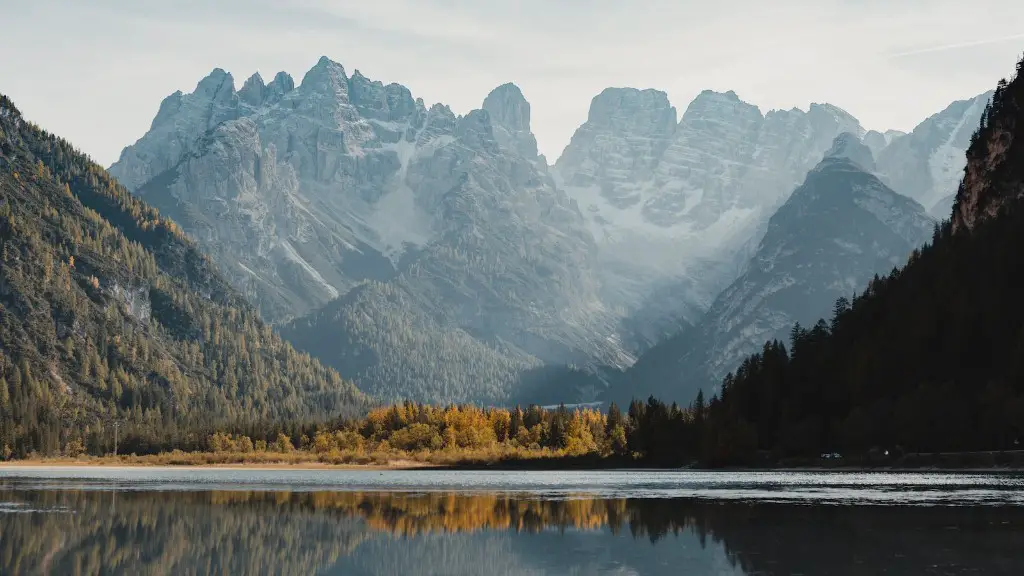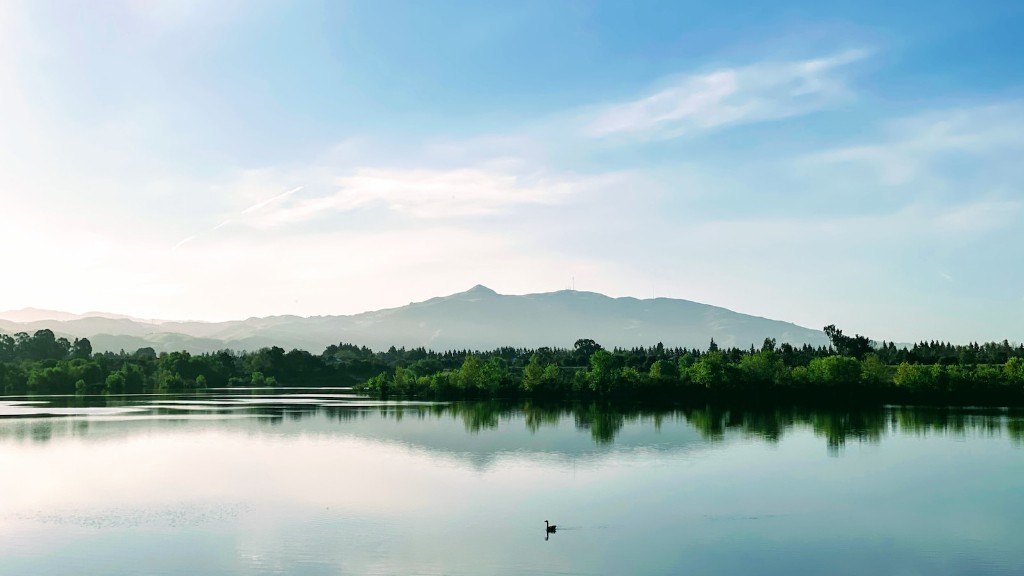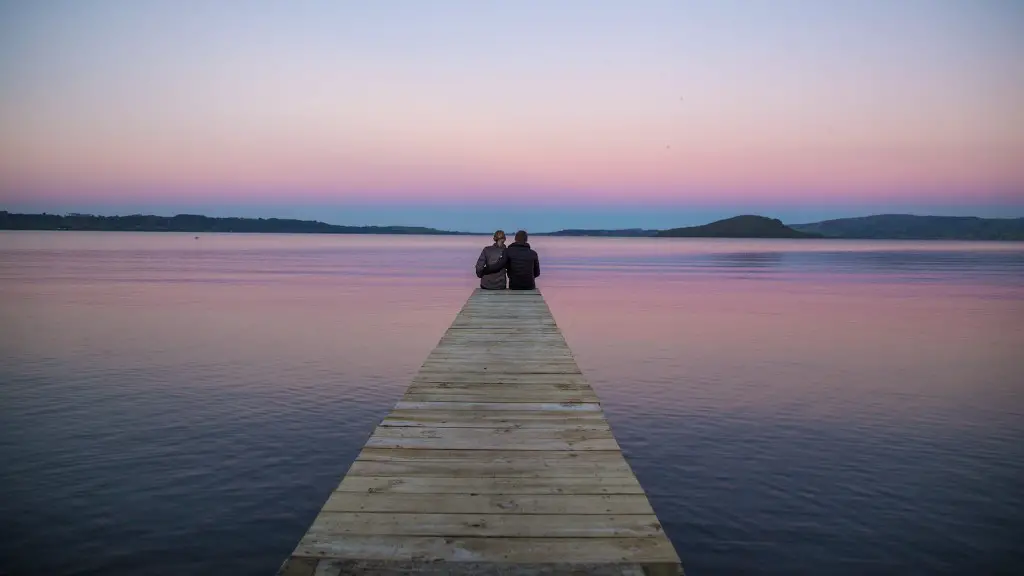Located in South Central Africa, Lake Malawi is a large lake stretching across the border of Tanzania, Mozambique and Malawi. The lake has an impressive depth of up to 700 metres and it is estimated that its volume is anywhere between 8,400 to 29,000 cubic kilometres. The lake has been known by many different names throughout its history including Lake Maravi, Nyasa Lake and Lake Nyasa.
The lake is the third-largest and second deepest lake in Africa and is home to more species of fish than any other lake in the world, earning it the “liquid span of Heaven” title by locals. A number of those species are found nowhere else in the world and the depth and environment of Lake Malawi is believed to have helped preserve some species from extinction, making the lake and its ecosystem an invaluable source of biodiversity.
With its high biodiversity, it’s no surprise that the lake has become an important source for local economies. Tourism, as well as fishing and agriculture, are big business and there are many local villages on the lake’s shore. The lake also has some great sightseeing opportunities, such as the beach at Senga Bay, the picturesque Sundu Cliffs and the beautiful Malawi National Park which is located on the lake’s northern shore.
In order to protect the lake’s vital ecosystem, The Lake Malawi National Park was established in 1980. Over the years, the government of Malawi as well as other organisations have been working together to protect the lake and its surroundings. This has included stricter environmental regulations, improved waste management and the introduction of fishing quotas.
Today, Lake Malawi is one of Africa’s most popular tourism destinations. With its breathtaking scenery and its remarkable biodiversity, the lake attracts thousands of visitors every year. It is also an important source for food and economic wellbeing for local communities, creating jobs, providing food security and boosting the local economy.
Environmental Concerns
The lake is however not without its problems. A number of pollutants, including sewage and agricultural runoff, have been found in the lake, threatening the delicate ecosystem. Overfishing has also been a problem, particularly of the popular ‘Mbuna’ cichlid fish which are remarkably adapted to their surroundings.
It is also believed that climate change will have an impact on the lake. These changes include rising water temperatures, shifting weather patterns and increasing evaporation, all of which will have an effect on the lake’s biodiversity and its ability to support local communities.
The government of Malawi have implemented a number of environmental policies in recent years, such as the Malawi Environmental Management Program (MEMP) and the Lake Malawi Protection Fund, that are designed to protect the lake from overfishing and pollution. Unfortunately, the effectiveness of these policies has been criticised by some experts, highlighting the difficulty of protecting such an ecosystem.
Protection Of The Lake
Despite the challenges, the local communities, government and organisations have been making progress in preserving the lake’s unique ecosystem. There have been successful campaigns to preserve the endemic cichlids of the lake, such as the’Mbuna Blue’ project which has seen the population of these endemic fish jump from around 1,200 to more than 5,000 in just a few years.
Education campaigns have also been put in place to introduce better fishing practices and raise awareness of the eco-system and its importance to the local economy. As well as this, efforts have been made to reduce agricultural and industrial runoff into the lake’s waters.
All in all, Lake Malawi is an incredibly important ecosystem and is home to a huge array of flora and fauna. It is an important source of food and economic wellbeing for local communities and is a popular tourist destination. While it is facing a number of environmental challenges, the local communities and government are committed to preserving this unique and beautiful lake.
Political Disputes Over The Lake
As Lake Malawi crosses the border of three different countries, political disputes over the lake have been common. Over the years the lake has been a source of conflict between Tanzania, Mozambique and Malawi, particularly in regard to who has the right to use the vital resources the lake has to offer.
The most recent dispute was about the sharing of fishing rights in the lake and lasted for over two decades. Eventually, the dispute was settled in 2019 and all three countries agreed on sharing the resources and protecting the environment of the lake.
However, despite this agreement, the politics of Lake Malawi remain a delicate issue. Local communities are susceptible to exploitation by large and powerful international companies, while corruption, pollution and overfishing still remain a challenge.
The governments of the three countries need to continue to work together to ensure that local communities have the resources and the protection they need to enjoy the benefits of living near the lake, while at the same time preserving the unique ecosystem of the lake for future generations.
The Future Of The Lake
The future of the lake is uncertain. With the current environmental challenges and the ongoing political disputes, it is difficult to predict what will happen in the future. Climate change is likely to have a huge impact on the lake, while overfishing and pollution remain a major issue. In addition, the increasing population around the lake means that more pressure is put on the fragile ecosystem.
The local, regional and international communities have a responsibility to ensure that Lake Malawi is protected. This means ensuring there is strong and effective legislation, appropriate resources for conservation and sustainable development, and making sure that local communities are given the necessary tools to protect their homes and livelihoods.
The Lake Malawi is a unique ecosystem that needs to be preserved. It’s also an important source of economic wellbeing for local communities, and a popular tourist destination. By working together to protect the lake and its environment, we can ensure that the people and wildlife of Lake Malawi will be able to continue to benefit from this beautiful and unique ecosystem for generations to come.
Malawi National Park
Covering an area of 94 km², the Malawi National Park was established in 1980 as a way to help protect the wildlife of Lake Malawi. The park offers a variety of activities ranging from birdwatching to boat safaris and game drives, making it a great destination for visitors.
The park is home to a variety of species of mammals, birds, reptiles and amphibians. These include lions, elephants, leopards, hippopotamuses, antelope, crocodiles, geckos and a wide range of birds. A particular highlight of the park is its population of African Wild Dogs, which are very rarely seen in other parts of Africa. Visitors also have the opportunity to explore the lake’s shoreline, which is home to a diverse range of fish species.
The park also offers numerous cultural experiences, as well as educational opportunities such as lectures and guided walks through the forest. The park is also an important source of employment for local communities and is working to create awareness of the importance of preserving the lake’s ecosystem.
The Malawi National Park is a must-visit destination for those looking to explore and appreciate the unique ecosystem of Lake Malawi. With its impressive array of wildlife, educational opportunities and cultural experiences, the park offers something for everyone.
Conclusion
The incredible Lake Malawi is home to one of the world’s most unique and diverse ecosystems. It is also an important source of food and economic wellbeing for local communities and has become an increasingly popular tourist destination. While the lake and its environment are facing a number of challenges, such as pollution, overfishing and climate change, there is a strong commitment from the local and international communities to protect this delicate ecosystem and ensure its future.
